Digitalisation has transformed virtually every aspect of modern life, and healthcare is no exception. From electronic medical records to telemedicine and wearable health devices, technology is changing the way we approach healthcare delivery and patient management. In this article, we will explore some of the ways in which digitalisation is transforming healthcare and discuss the benefits and challenges associated with these developments.
One of the most significant impacts of digitalisation in healthcare has been the widespread adoption of electronic health records (EHRs). These systems allow healthcare providers to access patient information quickly and securely, improving patient care and reducing errors. EHRs also enable providers to share information more easily, enhancing collaboration between different providers and improving patient outcomes.
Another important aspect of digitalisation in healthcare is telemedicine, which allows patients to receive medical care from a remote location. This technology has been particularly valuable during the COVID-19 pandemic, enabling healthcare providers to treat patients while minimizing the risk of infection. Telemedicine also improves access to healthcare for people who live in rural or underserved areas and reduces healthcare costs by eliminating the need for in-person visits.
Wearable health devices, such as smartwatches and fitness trackers, are also transforming healthcare by allowing patients to monitor their health in real-time. These devices can track everything from heart rate and blood pressure to sleep patterns and exercise levels, providing valuable data for healthcare providers to use in diagnosing and treating health conditions. Wearable health devices also encourage patients to take an active role in their health, promoting healthier lifestyle choices and disease prevention.
Artificial intelligence (AI) is another area of digitalisation that is showing great promise in healthcare. AI algorithms can analyze vast amounts of patient data, identifying patterns and trends that would be difficult or impossible for humans to detect. This technology has the potential to improve diagnoses, treatment plans, and disease prevention efforts, making healthcare more personalized and effective.
While digitalisation in healthcare offers many benefits, it also presents significant challenges. Data privacy and security are of utmost importance, as electronic health records and other digital health technologies are vulnerable to cyber attacks. Interoperability is another challenge, as different healthcare systems and devices often use incompatible data formats, making it difficult for providers to share information.
In conclusion, digitalisation is transforming healthcare in exciting ways, improving patient care, and reducing costs. EHRs, telemedicine, wearable health devices, and AI are just a few examples of the ways in which technology is revolutionizing healthcare. While challenges remain, such as data privacy and interoperability, the benefits of digitalisation in healthcare are clear, and the potential for further innovation is vast.
SAAR Consult, a management consulting firm based in Raipur, is playing a crucial role in the digitalisation of healthcare in the region. The firm specializes in providing digital solutions and consulting services to businesses across different sectors, including healthcare.
SAAR Consult has been working with healthcare providers in Raipur to help them adopt digital technologies that enhance patient care and improve operational efficiency. The firm provides a range of digital solutions, including electronic health records (EHRs), telemedicine platforms, and patient engagement tools.
One of the firm’s key offerings is its EHR system, which enables healthcare providers to access patient information quickly and securely. Upstrat’s EHR system is designed to be easy to use and customizable, allowing providers to tailor the system to their specific needs. The system also includes features like clinical decision support tools and automated reminders, improving patient outcomes and reducing errors.
SAAR Consult has also developed a telemedicine platform that enables healthcare providers to offer virtual consultations to their patients. The platform is user-friendly and secure, allowing patients to connect with their healthcare providers from the comfort of their homes. This technology has been particularly useful during the COVID-19 pandemic, enabling healthcare providers to continue treating patients while minimizing the risk of infection.
In addition to its digital solutions, Upstrat also provides consulting services to healthcare providers, helping them develop and implement digital strategies that improve patient care and reduce costs. The firm’s team of experts works closely with healthcare providers to understand their unique needs and challenges and develops tailored solutions that address these issues.
Overall, Upstrat is playing an important role in the digitalisation of healthcare in Raipur and beyond. It’s digital solutions and consulting services are helping healthcare providers improve patient care, reduce costs, and stay competitive in an increasingly digital world.

